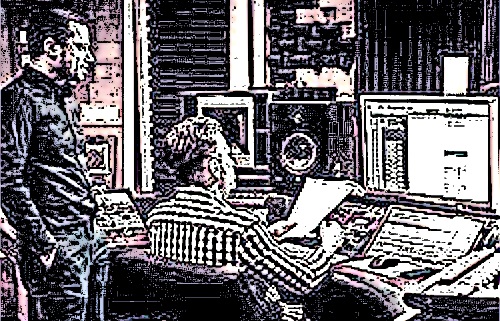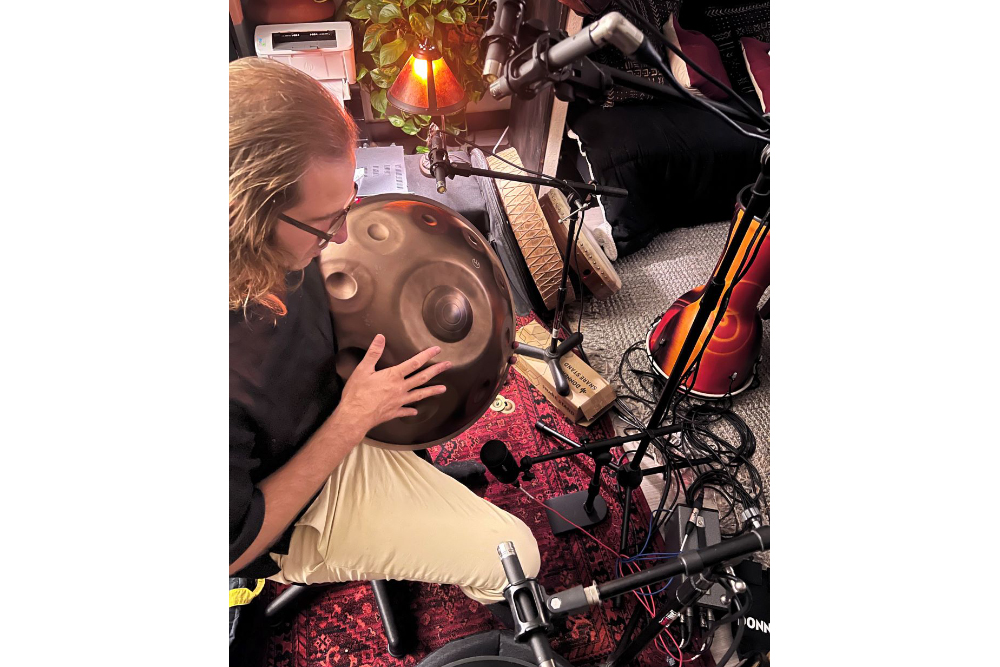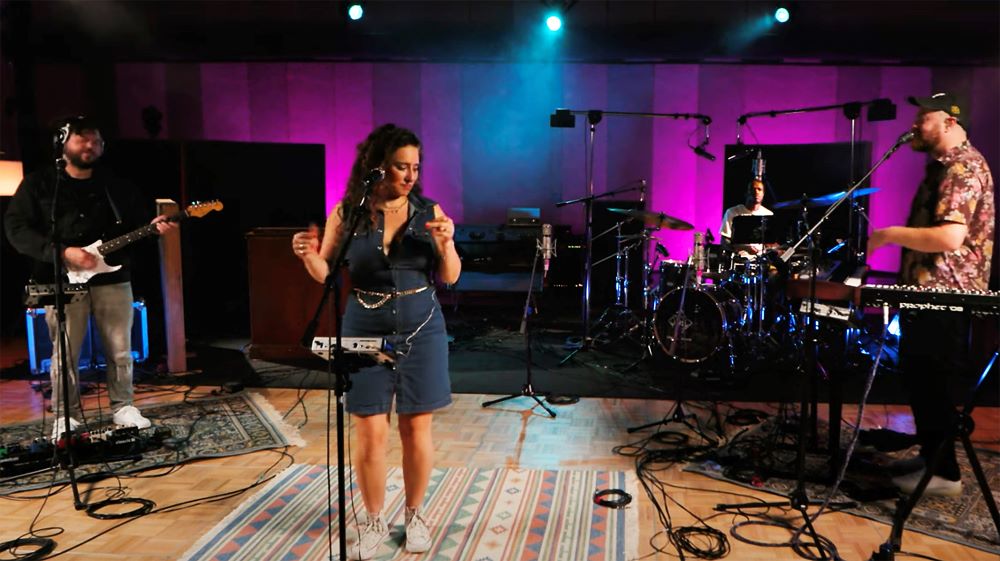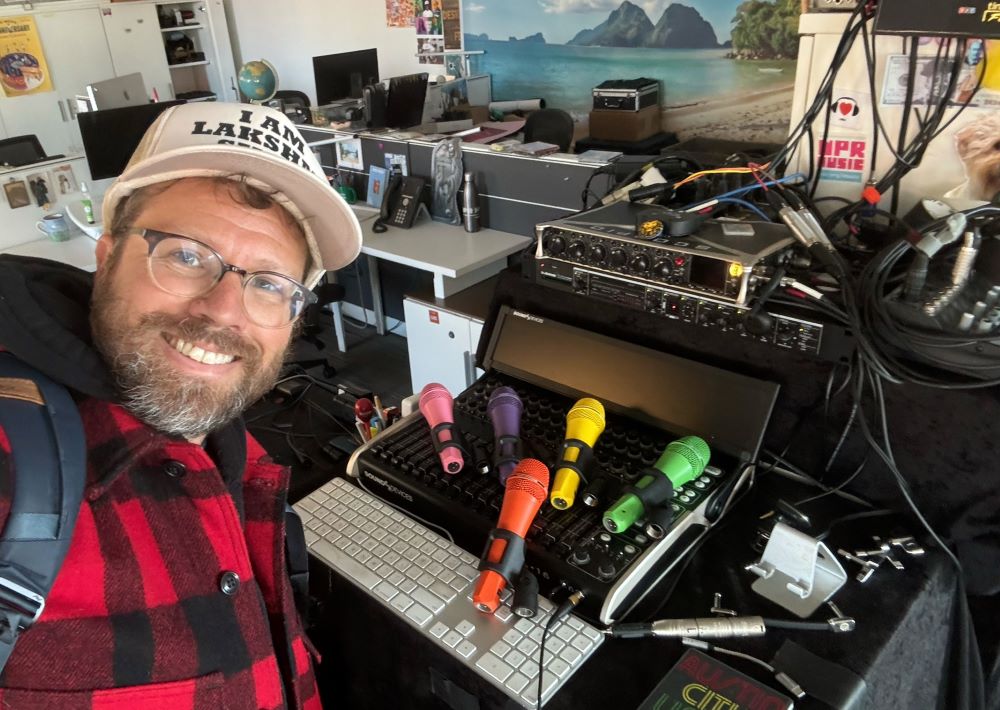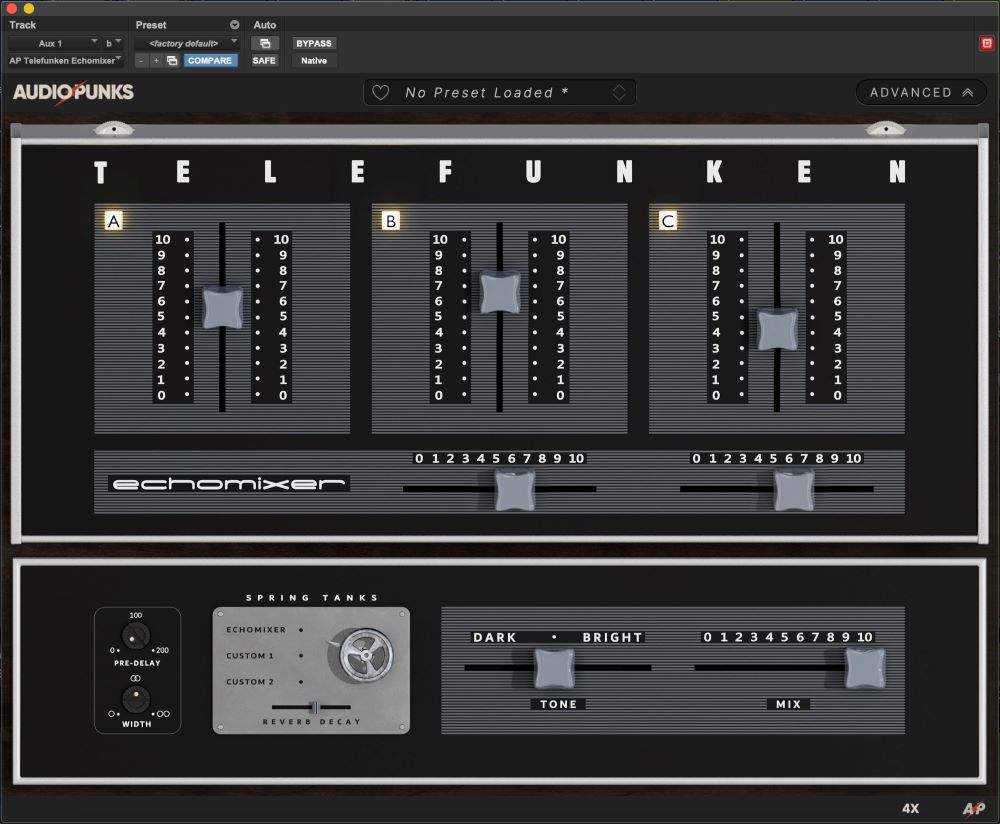You may never work in a studio that has an assistant engineer, and if you own your own gear, you may never be one yourself, but it’s good to find out what an assistant in a major facility like the Record Plant, Capitol, Oceanway or Avatar really needs to know.
These seven tips are excerpted from my Recording Engineer’s Handbook, and many come from the legendary Al Schmitt (who’s won more Grammys than any other engineer).
They’ll help you understand what’s expected of an assistant and how to run a professional session, regardless of the level that you’re on.
1. Good assistants are well-versed in Pro Tools. There are a lot of great DAWs available, but as of now, Pro Tools is the standard in every major recording and post studio in the U.S. Most assistants will also be in charge of running the DAW, and they’re better at it than everyone else in the session.
2. Good personal hygiene is a must. No one likes to be in a room with someone who has body oder or bad breath, and artists and producers won’t put up with it. Take a bath, put on clean clothes every day and keep the breath mints handy if you want to keep your job.
3. Good assistants are transparent. When you need them, they’re there; when they’re not needed, they’re in the background. A good assistant is always seen but not heard. He never offers an opinion even when asked. He always has a great attitude and leaves his ego at the door.
4. Good assistants admit mistakes. If you make a mistake, admit it as soon as possible. You may have to take your lumps, but we’ll fix it and move on.
5. Good assistants don’t guess. If someone asks you something that you don’t know, be honest and don’t guess. There are plenty of ways to find something out in a hurry if you don’t know right now.
6. Good assistants keep a notebook. They keep track of all the details of the session, from the setup to the players to the mics used to which songs were recorded in what order, to everything else. It’s a great learning tool, but it may also come in handy later in the project, or the next one.
7. Good assistants know how to make coffee. Coffee is still the fuel that powers a recording session. The better the coffee, the happier everyone will be.
If assistant engineers exhibit the above traits, it’s likely that they won’t stay an assistant for long if they work hard and have the right attitude.
Bobby Owsinski is an author, producer, music industry veteran and technical consultant who has written numerous books covering all aspects of audio recording, including the Recording Engineer’s Handbook. For more great reading, be sure to check out his website and blog.


